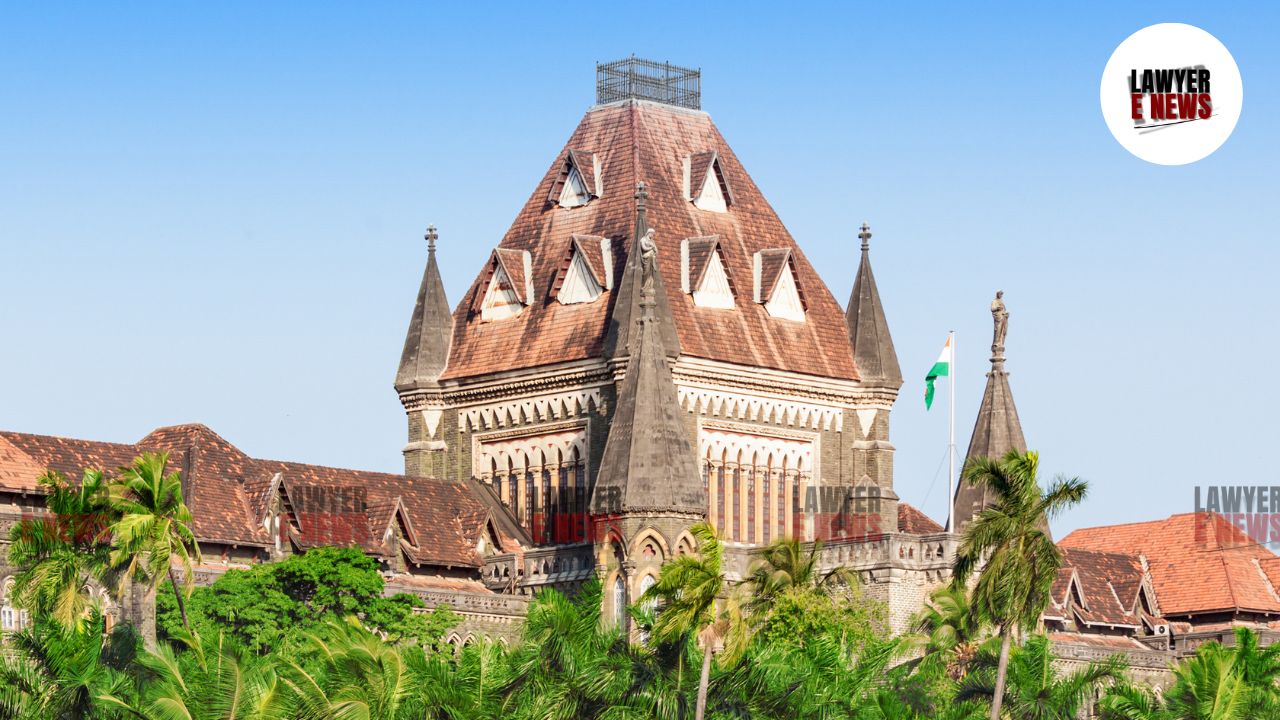-
by Admin
15 February 2026 2:16 AM



The Bombay High Court has dismissed a Public Interest Litigation (PIL) challenging the transfer of police officers within the Mumbai Commissionerate. The PIL, filed by Ankur Prabhakar Patil, questioned the validity of an office order dated 23rd March 2021, which transferred police officers without moving them outside the Mumbai Police Commissionerate despite their completion of the prescribed tenure. The court upheld the legality of the transfers, stating that administrative exigencies and public interest justify such decisions.
Facts of the Case: The petitioner, Ankur Prabhakar Patil, challenged an office order dated 23rd March 2021, issued by the Joint Commissioner of Police (Administration), Mumbai. The order transferred several police officers—Police Inspectors, Assistant Police Inspectors, and Police Sub-Inspectors—within the Mumbai Police Commissionerate. The petitioner argued that the transfer order violated Section 22N of the Maharashtra Police Act, which mandates a maximum tenure of eight years for officers in the Mumbai Commissionerate. Patil contended that the officers should have been transferred outside the Mumbai Commissionerate after completing their tenure, as per the statute.
Statutory Protection for Police Tenure: The court clarified the purpose of Section 22N of the Maharashtra Police Act, 1951, stating that it was designed to ensure police officers enjoy a “normal tenure” without undue interference. The provision aims to protect officers from frequent transfers, enabling them to carry out their duties effectively in a particular area. However, the court emphasized that the statutory protection is not absolute and can be overridden by administrative needs.
“Section 22N creates or vests a right in the police personnel to remain posted during the normal tenure prescribed in the said provision,” the court observed. However, it also noted that public interest and administrative exigencies could justify mid-term transfers under certain circumstances.
Discretion of Competent Authorities: The court upheld the discretion of the competent authority to effect mid-term transfers, particularly in situations of administrative necessity. The court found no violation of the statute, noting that transfers are a routine part of public service. It dismissed the argument that officers must be transferred outside the Mumbai Commissionerate after completing eight years, stating that the statute does not impose such a rigid requirement.
“After the completion of normal tenure, the police officers are not necessarily required to be transferred out of Mumbai Commissionerate,” the bench ruled.
Use of “Shall” in Section 22N(1)(d): The petitioner argued that the word “shall” in Section 22N(1)(d) mandated the transfer of officers out of the Mumbai Commissionerate after completing their tenure. However, the court rejected this argument, stating that the mandatory language only applies to ensuring that officers serve their prescribed tenure and does not compel a transfer out of Mumbai upon its completion.
“The occurrence of the word ‘shall’ only mandates that the normal tenure of police officers prescribed therein has to be observed in terms of the section,” the court clarified.
Distinction Between General and Mid-term Transfers: The petitioner also referred to the definition of “General Transfer” under Section 2(6A) of the Maharashtra Police Act, arguing that general transfers are mandatory upon completion of tenure. The court rejected this interpretation, noting that general transfers and mid-term transfers serve different purposes. The court found no conflict between the two types of transfers, underscoring that both are valid under different circumstances.
“Section 2(6A) only defines the term ‘General Transfer’ and does not impose an absolute requirement for transfers upon completion of tenure,” the court stated.
Legal Reasoning: The court’s legal reasoning hinged on its interpretation of Section 22N and the broader context of administrative discretion in the police force. The judgment reinforced the idea that transfer decisions are an inherent aspect of public administration, and competent authorities have the latitude to make such decisions based on public interest or administrative needs.
The court reiterated that transfers are "an incidence of service" and should not be viewed as punitive or illegal when done within the framework of the law. It also underscored the importance of balancing statutory protections with the practical needs of managing a large police force like that of Mumbai.
Conclusion: The Bombay High Court’s dismissal of the PIL affirms the discretion vested in authorities to manage police transfers in line with administrative and public interest requirements. The court’s interpretation of Section 22N of the Maharashtra Police Act clarifies that while officers are entitled to a stable tenure, there is no automatic requirement to transfer them out of Mumbai after eight years. This ruling reinforces the principle that transfer decisions, while governed by statutory protections, are also subject to the practical necessities of law enforcement and public administration.
Date of Decision: 4th September 2024.
Ankur Prabhakar Patil v. The State of Maharashtra & Ors.
